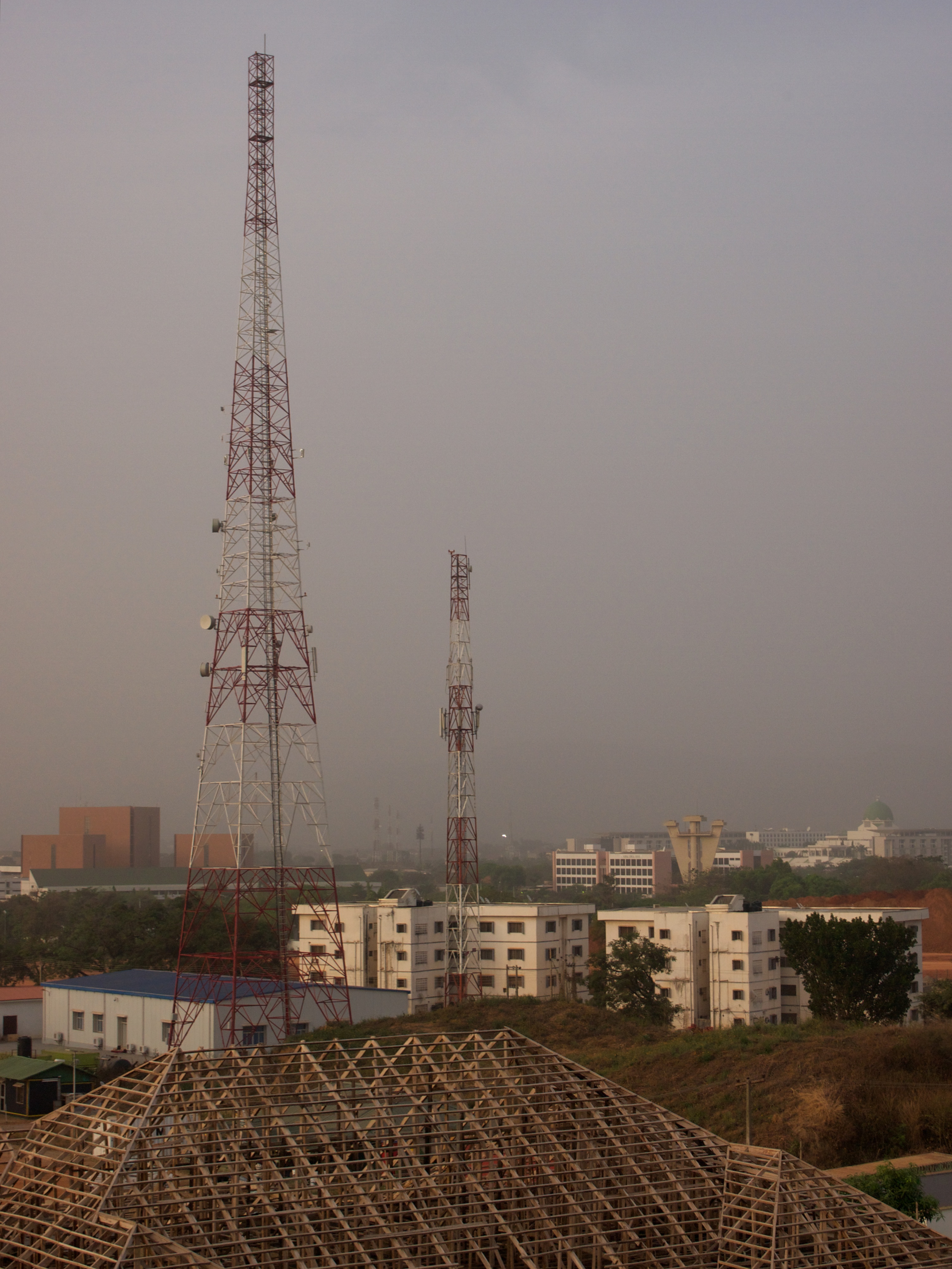The move from analogue to digital broadcasting in Nigeria would create new career opportunities and help with fighting piracy, said the government.

Last Wednesday, at the Federal Executive Council (FEC) in Abuja, members of the government discussed the country’s move from analogue to digital broadcasting. Nigeria’s Minister of Information and Culture, Lai Mohammed, said that the move would significantly improve the job market by creating more opportunities especially among unemployed youths whilst helping the fight against piracy.
“Even piracy, which has been a menace to us today, with digitalisation, it means musicians and filmmakers can release their films, release their records direct on the digital broadcast,” Mohammed said after the meeting in Abuja.
This move might look problematic and costly, as the country is currently in the midst of a serious economic recession. However, the government announced the move will proceed as the hardships of the country are temporary and the move might actually help Nigeria rise out of the crisis and keep pace with global players.
“Yes, Nigeria might be going through a very difficult time, it doesn’t mean that we are going to be cut off from the rest of the world,” said Mohammed. “The fact that we are facing temporary problems does not mean that we are not going to be at pace with technology development all over the world. This is a global issue. It simply means that if we do not move from analogue to digital broadcasting, we may not be able to even receive signals on your television.”
The federal government is seeking to meet the deadline in June 2017, in line with the International Telecommunications Union (ITU)’s directive that all countries should migrate to digital broadcasting.